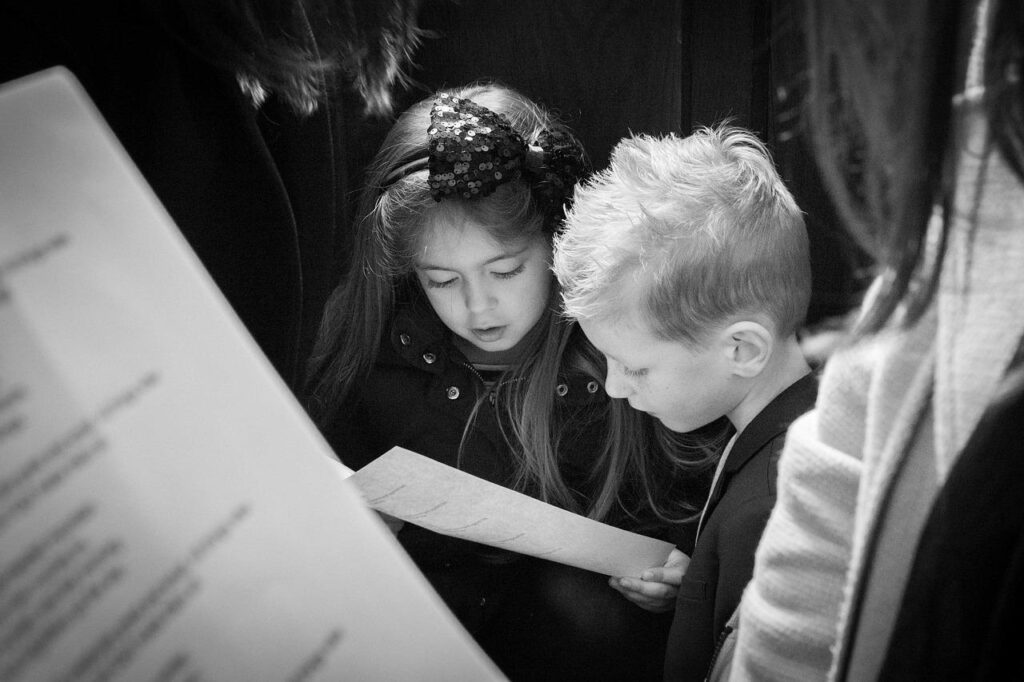A child’s sense of morals and values is a major part of their character development. When taught early, morals help toddlers better understand the world around them, consciously avoid making bad decisions, and relate better with their society and other people around them.
Whether you actively teach them or not, the truth is that your children learn values from you every day. Your job is to ensure that they pick up only the right ones.
Here’s how you can do it.
Talk to Them
Many people assume that children automatically or magically develop values or a moral code for themselves. They imagine that restricting their input to the barest minimum will help the child cultivate their own personality and beliefs.
This isn’t a perfect approach. Children are impressionable, and if you fail to teach them the right values from home, they’re vulnerable to inculcating the wrong ones before they get old enough to differentiate between right and wrong. At a young age, children see and interpret the world through their parents. Helping them understand why you take certain decisions based on your values can help them develop a strong sense of values in the long run.
Watch what you do around them.
You can say all the right things at the right time, but they’ll all count for nothing if you don’t heed your own words. The simple truth is that kids learn more from what you do as parents than from what you say.
Kids mimic everything they observe adults around them doing. It’s an essential part of how they learn and grow. So, if you keep talking to your toddler about the value of honesty but tell small lies in their presence to get small advantages, the child learns that it’s okay to be dishonest in some cases. When teaching toddlers about values and morals, it’s also important to walk the talk.
Give out rewards for good behaviour.
Positive reinforcement is a powerful and effective tool for promoting child development. It’s also one of the quickest ways to teach children values and have them stick to the child virtually throughout life.
Create a system where you reward your toddler for exhibiting positive values in their daily interactions. Praising them or handing out small rewards for displaying good morals in various situations will quickly help them learn acceptable and unacceptable decisions and help them make the right ones in similar circumstances.
Monitor their use of the internet and television
Kids can pick up a lot of values from the internet and television, but most of these values are antithetical to the ones you’re trying to teach them. And the minds of children are not mature enough to filter these things.
To ensure that they don’t pick up the wrong things along the way, pay close attention to the things they see on the internet and on TV.
Relate values to real-life events
Values are abstract concepts until you can relate them to how they apply in real-life situations. To make the Idea of values more real and applicable, you’ll need to relate them and their effects on your toddler’s life. Listen to them talk about their lives and how they handled making important decisions. A child’s values will always reflect in the way they handle these decisions. Be sure to show them how their decisions reveal their values.





